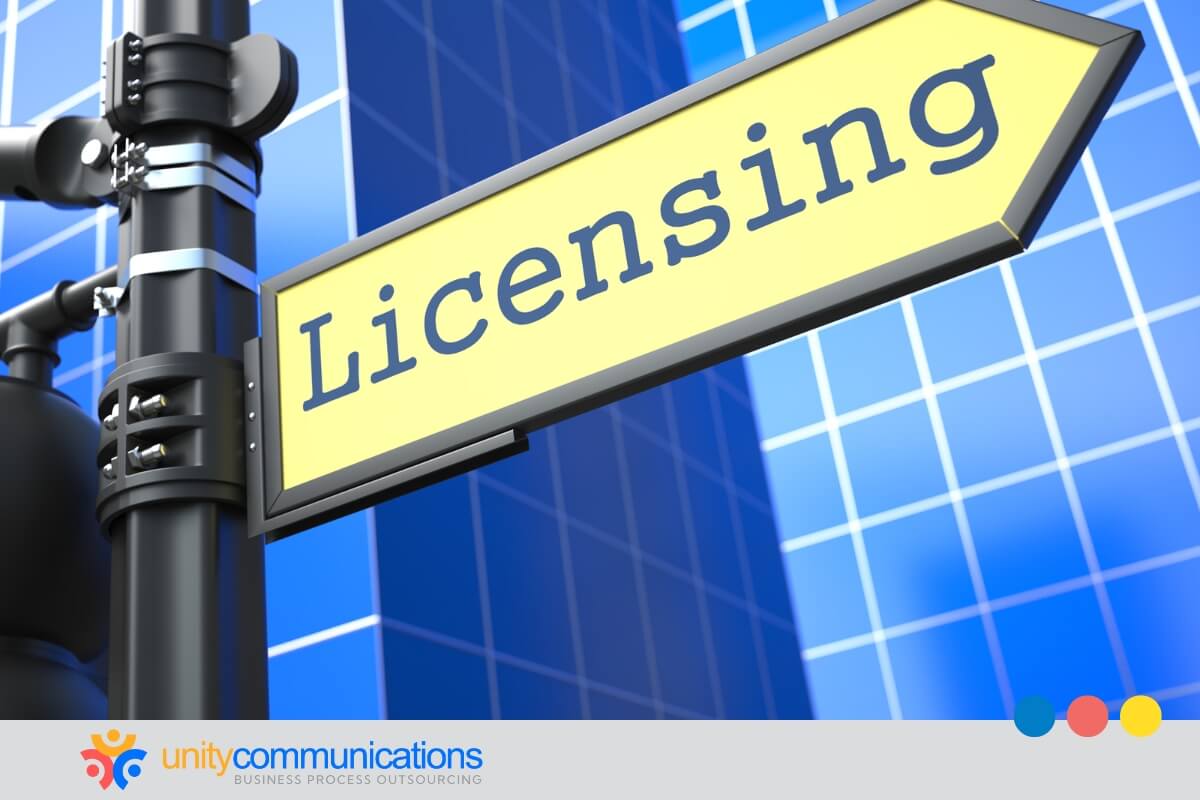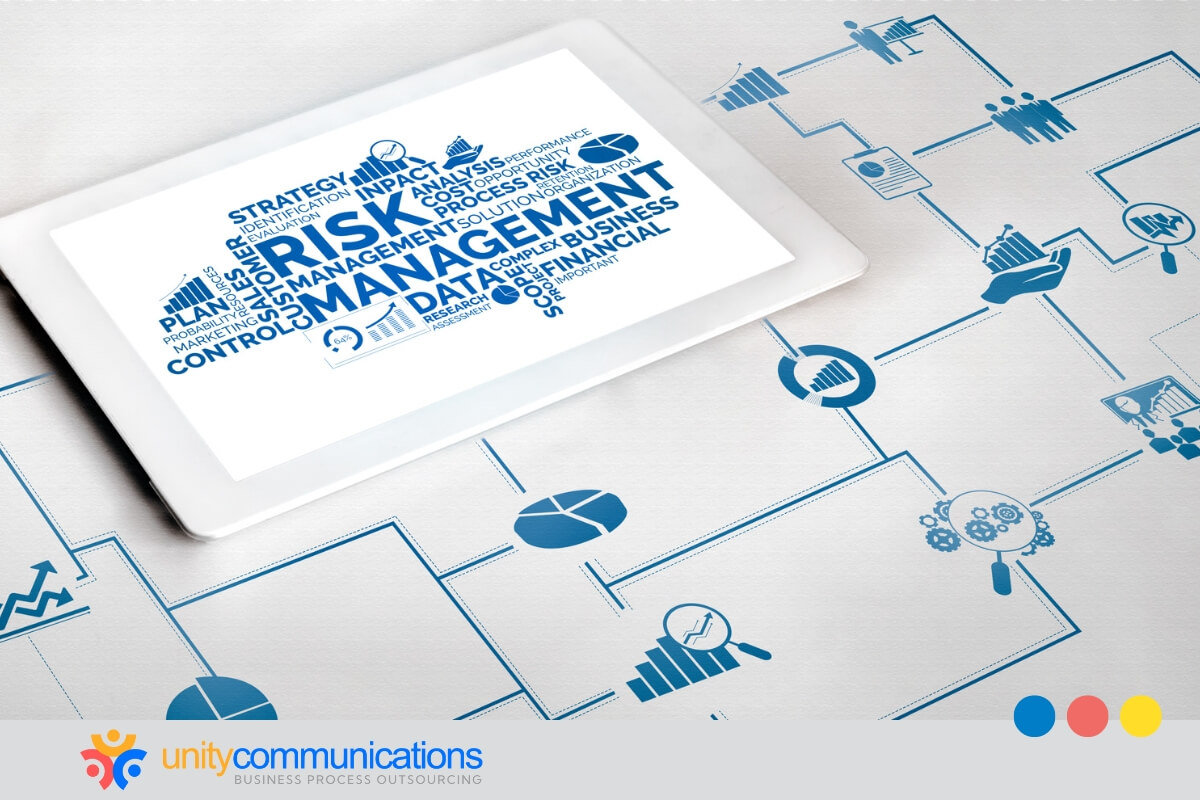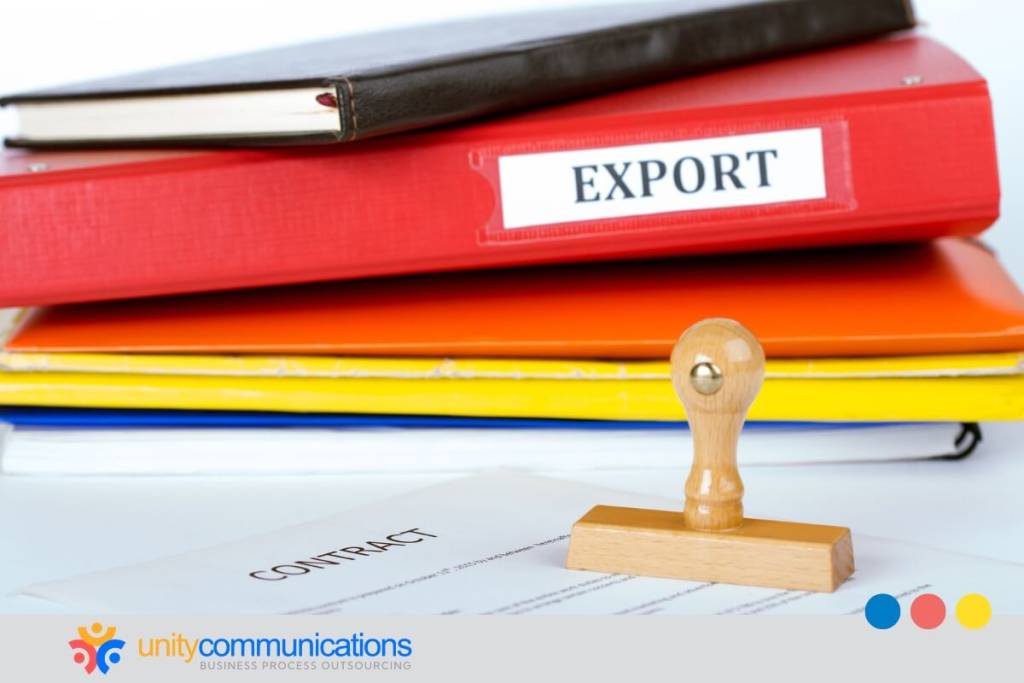IN THIS ARTICLE
Table of Contents
The practice of delegating the design and production of products, components, and software to overseas business process outsourcing (BPO) providers has become widespread in the United States manufacturing industry.
Nevertheless, outsourcing these processes to foreign firms can impose substantial export control obligations due to U.S. restrictions. If done incorrectly, it can even lead to potential legal consequences.
BPO providers and clients alike will find value in this article. It discusses how export control laws affect outsourced processes and provides strategies for designing a secure compliance program. Keep reading to learn more!
Overview of BPO and Export Control Laws

Export control laws govern and limit the global trade of specific goods, technologies, and services. These regulations safeguard national security, economic interests, and foreign policy. They prevent the unauthorized transfer of sensitive information or technology to individuals, companies, or countries that could threaten the originating country’s interests.
Outsourcing involves the movement of goods and services across borders, so export control laws significantly affect BPO deals. Here’s an overview of the export control laws affecting the sector:
- Controlled items. Export control laws designate certain goods, technical data, technologies, and services as controlled items. These items can include military hardware, dual-use technologies (with both civilian and military applications), and other strategically important products.
- Licensing and authorization. Exporting controlled items often requires a license or authorization from the relevant government authorities. The licensing process involves assessing the potential risks associated with the export, and approval is granted based on national security concerns, the end user, and the intended use of the items.
- Embargoes and sanctions programs. Some countries may be subject to embargoes or sanctions, restricting or prohibiting the export of certain goods to those nations. Companies engaged in outsourced manufacturing must be aware of these restrictions and ensure compliance.
In the U.S., export compliance requirements can apply to various scenarios. Failure to comply results in a slew of sanctions. The largest-ever standalone civil settlement under the Export Administration Regulations (EAR) is $300 million for unlawful exports.
The following section explores other note-worthy points:
- The product or its components might require an export license under the EAR or the International Traffic in Arms Regulations (ITAR) when sent to a specific country. Sharing technical data related to these items with a foreign country may also demand an export license unless an exception applies.
- For example, a U.S. company plans to share technical details such as drawings, blueprints, or specifications with foreign personnel for overseas production. Before the transfer, reviewing the need for an export license is mandatory.
- Collaborative work between U.S. and foreign company engineers during the development process may trigger the need for an export license. This statute applies to phone calls, emails, conference calls, webinars, or video conferences involving the transfer of controlled technical data by U.S. citizens.
- The deemed export rule under EAR and ITAR considers transfers to foreign persons in the U.S. as exports, potentially requiring a license.
- Export restrictions may apply if the foreign manufacturer operates in a country under Office of Foreign Assets Control (OFAC) sanctions or is subject to requirements listed in EAR Part 746.
- Restrictions could also apply if the transferred technical information is used for a “prohibited end use” (EAR Part 744) or is destined for a military or military intelligence end user or purpose (as outlined in EAR Part 744).
The Impact of Export Control Laws on Outsourcing Operations
Considering the substantial impact of export control laws on outsourced operations, companies must navigate a complex regulatory landscape. Adherence to these laws is crucial for legal compliance, safeguarding national security, and maintaining the stability of international trade relations.
The following are the factors client companies must consider:
- Supply chain risks. Outsourcing involves the movement of components and finished products across borders. Companies must assess the export control implications of the entire supply chain to prevent unintentional violations.
- Supplier due diligence. Companies engaging in outsourcing should conduct due diligence on their suppliers to ensure compliance with export control laws. They must verify suppliers’ backgrounds, reputations, and compliance practices.
- Technology transfer. Outsourcing often involves the transfer of technology and knowledge. Companies must carefully manage the handover of controlled technologies to ensure compliance with export control laws.
- Documentation and record-keeping. Rigorous documentation and record-keeping are essential for demonstrating compliance with export control laws. This process includes maintaining records of licenses, shipping documents, and communication related to the export of controlled items.
- Penalties for noncompliance. Violating export control laws can result in severe penalties, including fines and imprisonment. Companies involved in outsourcing need to be aware of the legal consequences of noncompliance and take steps to mitigate the associated risks.
Penalties for export and trade law violations can vary, reaching a maximum of $65,000 to $250,000 for civil violations, contingent on the governing legislation. Individuals guilty of criminal offenses may face penalties of up to $1,000,000 in fines and 20 years of imprisonment.
Companies engaging in outsourcing must stay informed about changes in export control regulations and continuously update their practices to remain compliant.
Challenges BPO Companies Face When Adhering to Export Control Regulations

BPO companies face several compliance challenges when adhering to export control regulations. The outsourcing model introduces complexities in data security, technology transfer, and regulatory compliance. Key challenges that BPO companies can encounter include:
- Global footprint. BPO companies often operate in multiple countries. Navigating different export control regimes and keeping track of regulatory changes across various jurisdictions can be complex. Providers need to maintain awareness of the export control laws in each location.
- Client-specific requirements. Clients in certain industries, such as defense, aerospace, or technology, may have specific export control requirements. BPO companies need to understand and align with their client’s compliance expectations, which may vary depending on the nature of the outsourced services.
- Subcontractor selection. BPO vendors often use subcontractors or third-party vendors to deliver their services. Conducting due diligence on these firms ensures they comply with export control regulations. The actions of subcontractors can impact the overall compliance posture of the BPO company.
- Regulatory changes. Export control regulations are subject to frequent changes and updates. BPO providers must stay vigilant and adapt their processes to comply with new rules or amendments to existing ones. Regular assessments and updates to compliance programs are essential.
- Risk management. BPO companies must assess and manage the risks associated with their operations, including the potential for inadvertent violations of export control laws. Implementing effective risk management strategies is essential for maintaining compliance.
Strategies to Ensure BPO Compliance With Export Control Laws
Ensuring compliance with export control laws is crucial for companies engaged in international trade. So, what is the BPO’s role in maintaining compliance?
Here are strategies to help BPO companies and service providers maintain compliance with export control laws:
- Development tracking. Regularly monitor changes in export control laws and regulations at the national and international levels. Establish a process for tracking updates and ensuring relevant personnel receive timely information.
- Risk assessment. Conduct a comprehensive risk assessment to identify and evaluate potential risks associated with your products, technologies, and business operations. Evaluate the impact of export controls on different aspects of your business, including supply chain, technology transfer, and international transactions.
- Products and technology classification. Accurately classify your products and technologies to determine if they fall under controlled categories. Understand each category’s specific export control requirements and ensure classification aligns with the applicable regulations.
- Screening processes. Implement screening processes to verify the identity of parties involved in transactions, including customers, suppliers, and partners. Check against restricted party lists and other relevant databases to ensure you are not dealing with prohibited organizations.
- Customs compliance. Work closely with customs authorities and ensure that your documentation and declarations meet export control requirements. Establish robust customs compliance procedures to facilitate smooth and lawful international trade.
- Legal counsel. Seek legal advice from experts with knowledge of export control laws. Legal counsel can provide guidance on complex regulatory matters, assist with compliance assessments, and help navigate the landscape.
The Bottom Line

BPO companies face complex processes and compliance challenges related to export control regulations. Successfully navigating these challenges requires a proactive approach, ongoing monitoring, and a solid commitment to staying abreast of regulatory changes.
By implementing robust compliance programs and fostering a culture of awareness, BPO companies can mitigate risks and build trust with clients.
Let’s connect if you want to learn more about BPO companies and their relationship with export control laws.





